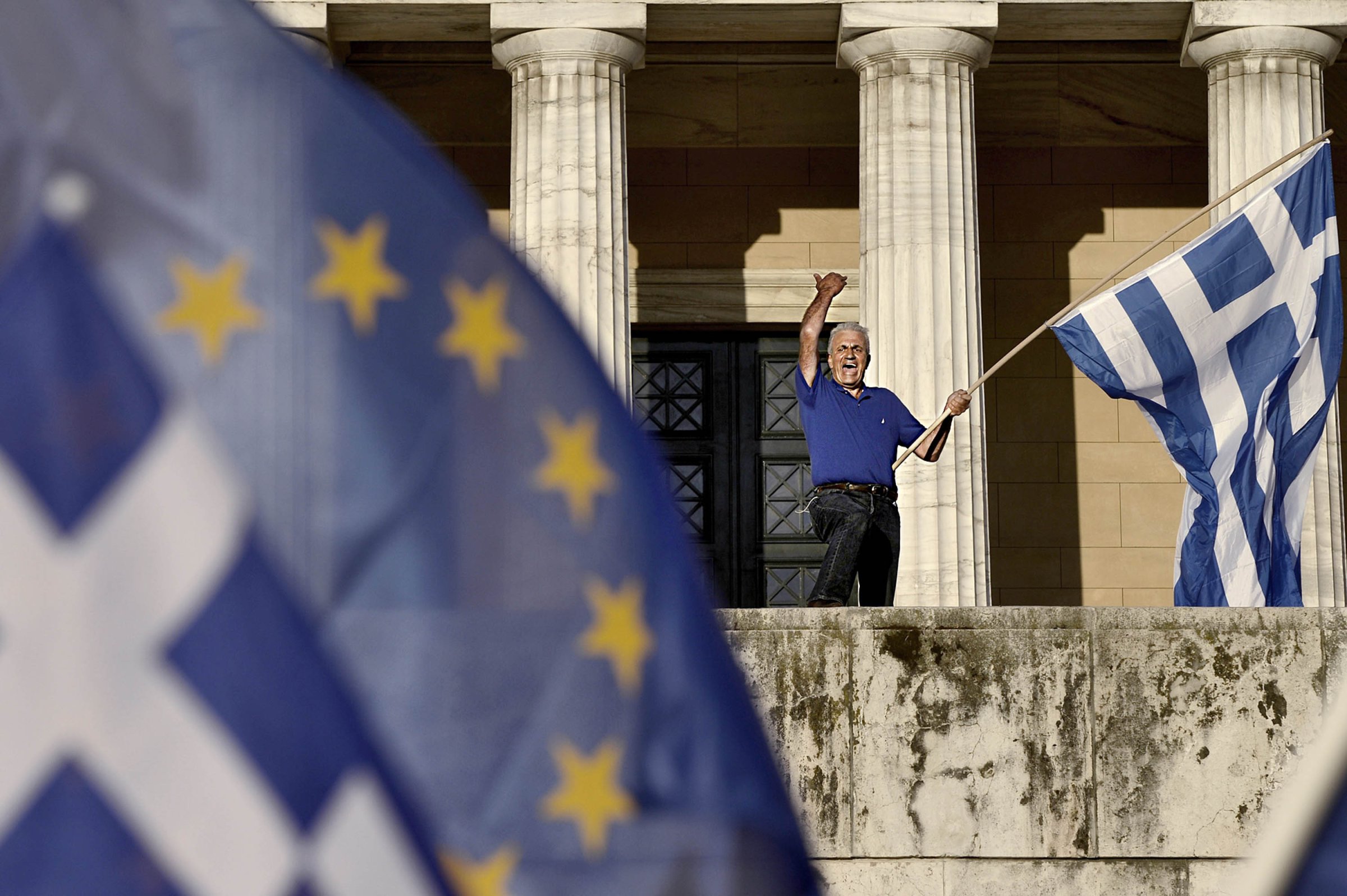
It’s easy to condemn the posturing of Greece’s Syriza-led government in its battle with its European creditors. Greece ran up a major debt and must pay. If Greece can walk away from its commitments, it will only need more bailouts in the future. Its creditors offer bitter medicine, but medicine is what’s required, and Athens must swallow it.
But look beyond Syriza’s amateurish posturing and see the ordeal the Greek people have already endured. Spain, Portugal and Ireland have lost less than 7% of GDP since the euro-zone crisis began. Greece has lost 26%. Nearly 1 in 5 Greeks can’t meet daily food expenses. Homelessness is rising. Rates of HIV infection have doubled since 2011 as unemployment pushes more young people toward drug use and treatment funding is sharply cut. In Norway, the child-poverty rate is 5.3%. In Greece, it’s 40.5%. The British Medical Journal has found a “significant, sharp and sustained increase” in suicides.
Greece has taken extraordinary steps to meet the demands of its creditors. Over the past five years, it has cut spending and raised taxes on a scale equivalent to 30% of GDP. No other euro-zone government has done nearly so much. Pension benefits have been cut and the retirement age raised to 67. And for every euro in bailout funds, the Greek government receives less than 20%. The rest goes to bankers and bondholders.
Both must be paid back, but Greece must eventually grow its economy as well. Today that’s more of an aspiration than a plan, but if the medicine used to cure this country’s profligate political culture leaves a generation of citizens flat on their backs, how can Greeks apply lessons learned and get back to work?
For Europe, the biggest risk is not that Greece will escape its responsibilities, encouraging other countries to try the same trick. It’s that this polarizing crisis could further fuel anti-E.U. sentiment across the continent. Anger at European institutions has boosted old and new parties of both the left and right: Syriza and Golden Dawn in Greece, Podemos in Spain, the U.K. Independence Party in Britain, the National Front in France, Alternative for Deutschland in Germany, the Five Star Movement in Italy and others.
It is the growth of these parties, and the public anger they represent, that poses the biggest threat to further European reform and the entire European project.
Tensions rise between the U.S. and Russia
The Pentagon has announced that it is sending tanks, artillery and other military supplies to U.S. allies in Eastern Europe. The total amount of equipment is equivalent to a brigade’s worth, or as a senior U.S. military official put it, not quite enough to “fill up the parking lot of your average high school.”
Still, the move is provocative, aimed as much at Vladimir Putin as it is at Washington’s wobbly European allies. On June 22, E.U. Foreign Ministers decided to extend sanctions against Moscow over the Ukraine crisis. Imposing those sanctions, and bearing the brunt of Russia’s countersanctions, is taking a toll. But Washington needs a united front against the Kremlin. Positioning the equipment is enough to ramp up tensions but not nearly enough to convince Russia to back off. Bottom line? We’re heading for escalation with Russia.
A Look Inside Austerity-Hit Greece
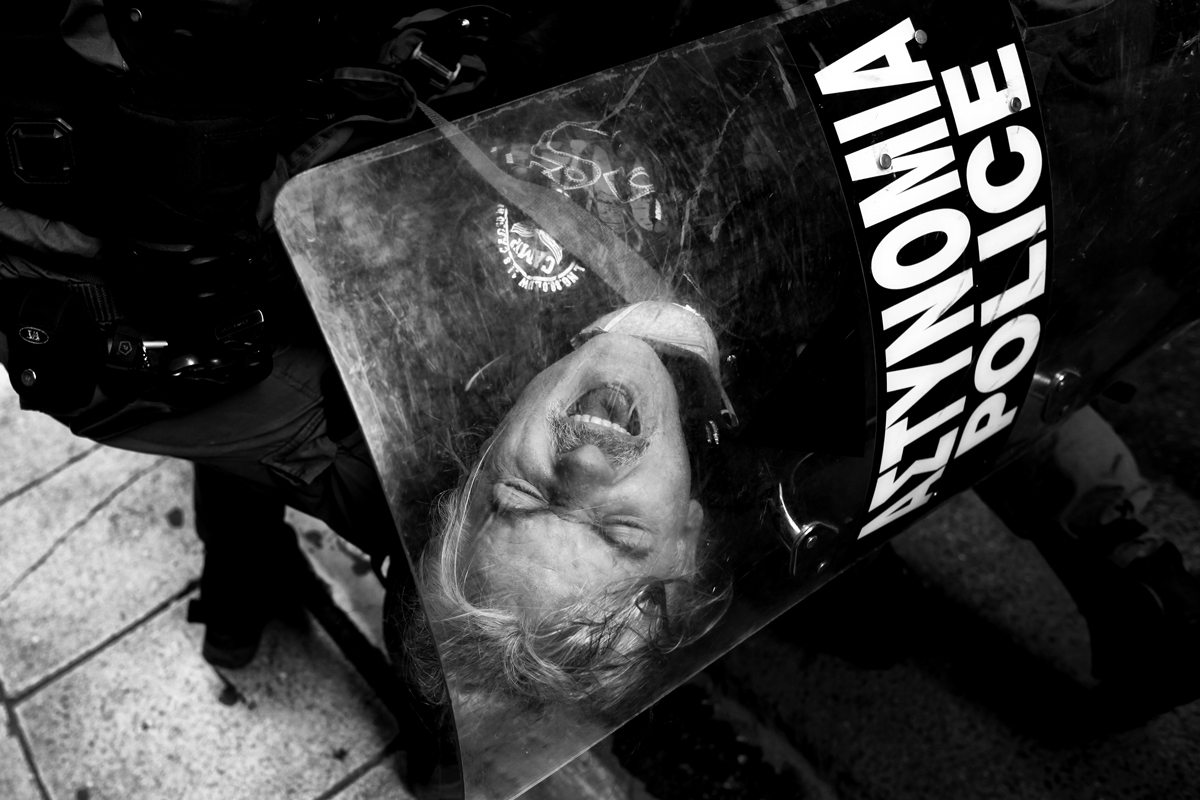
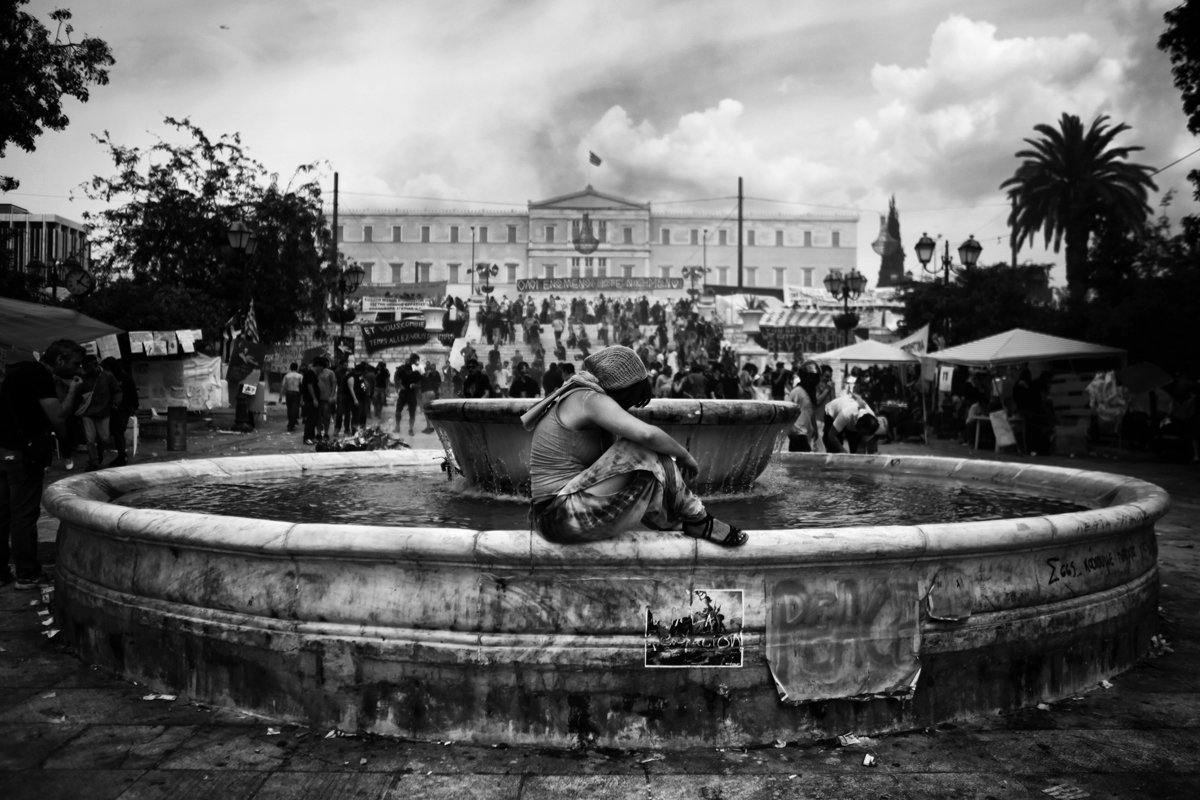
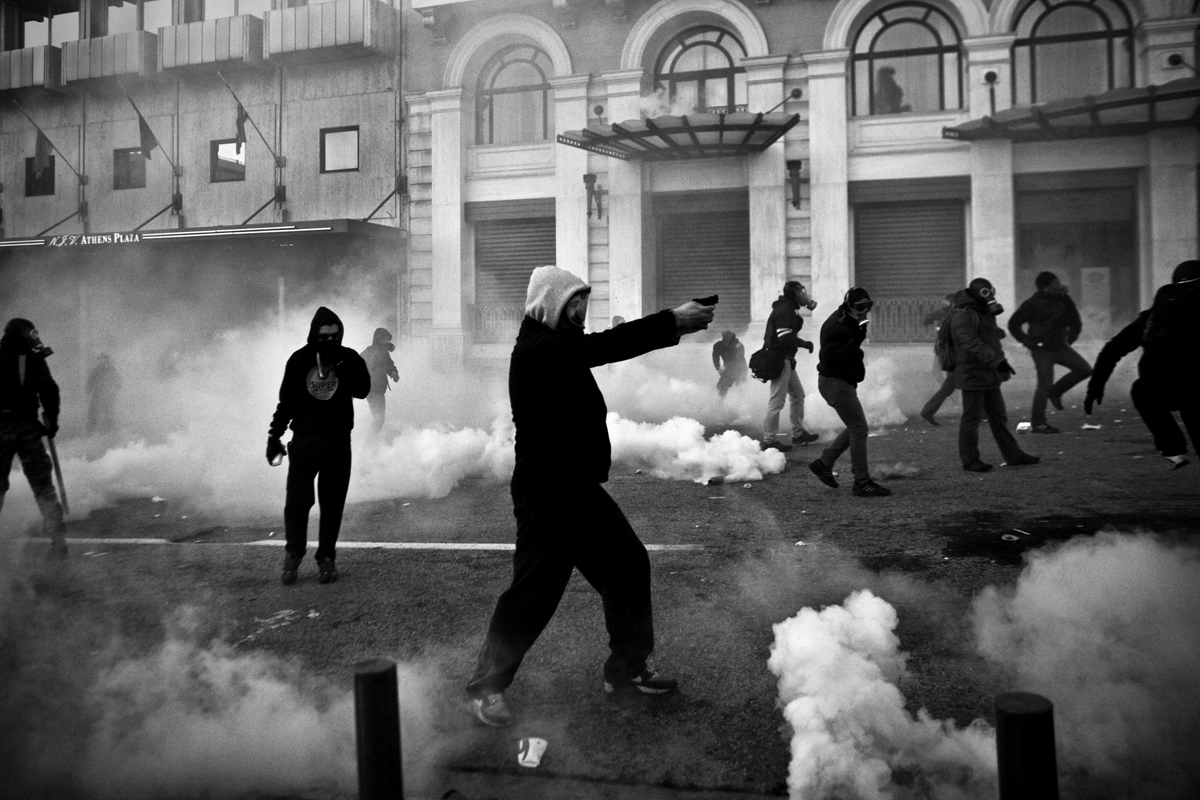
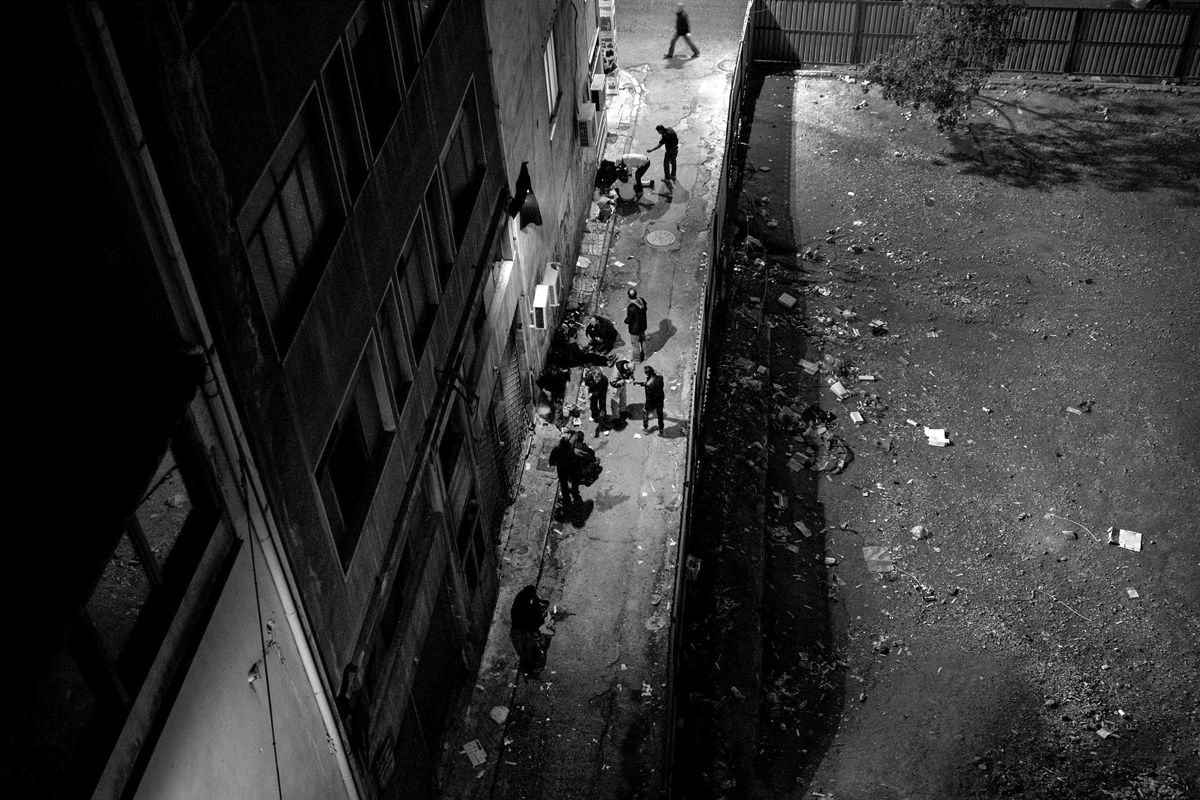
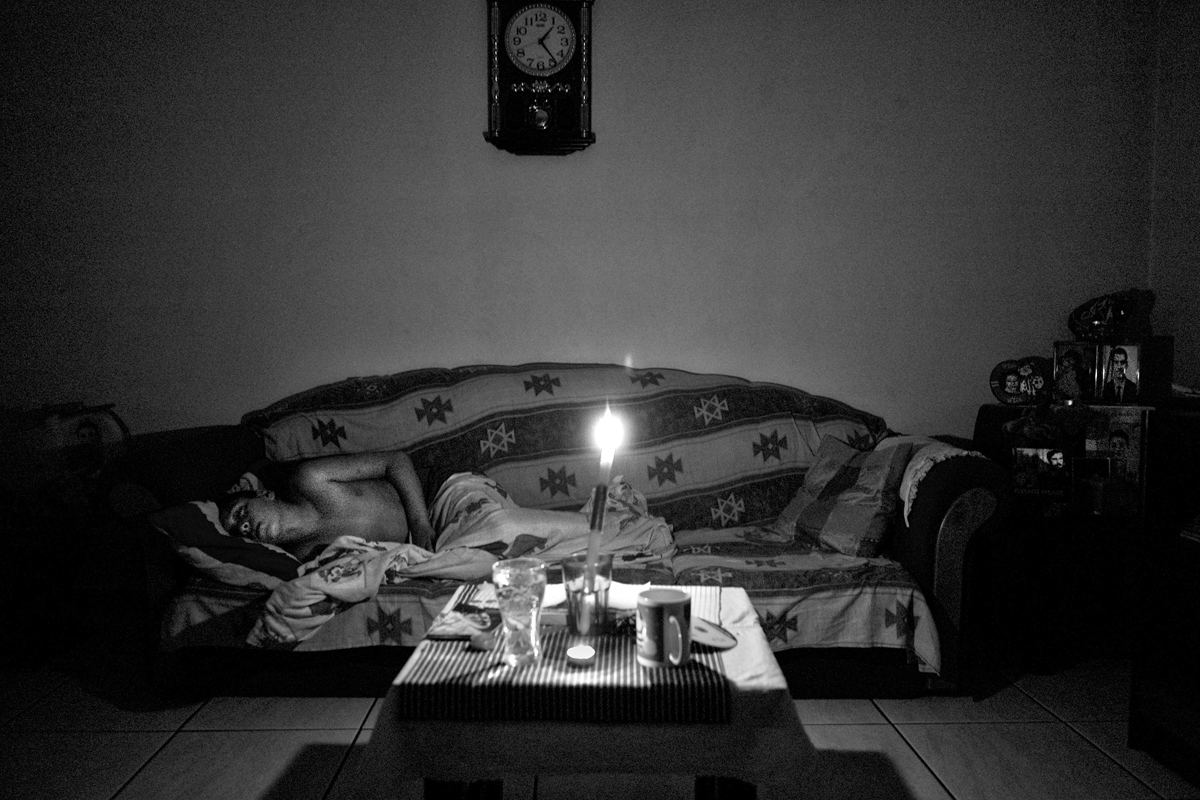
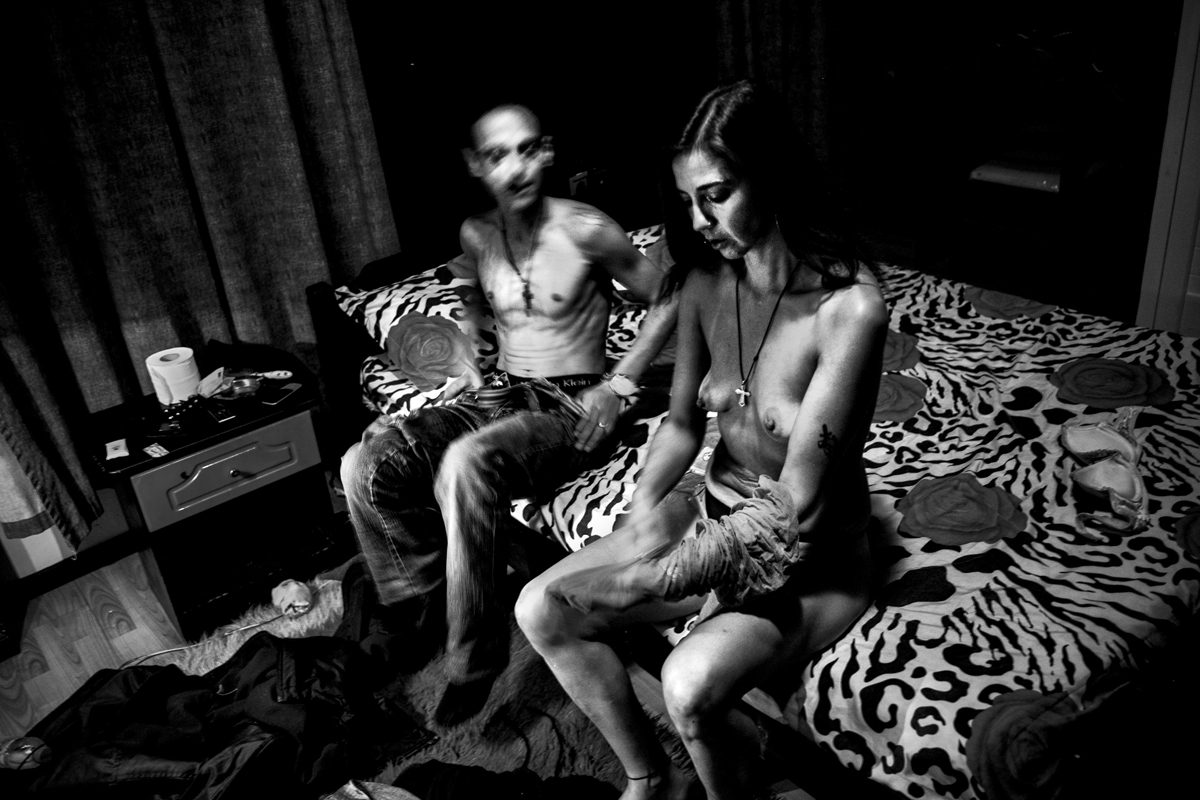
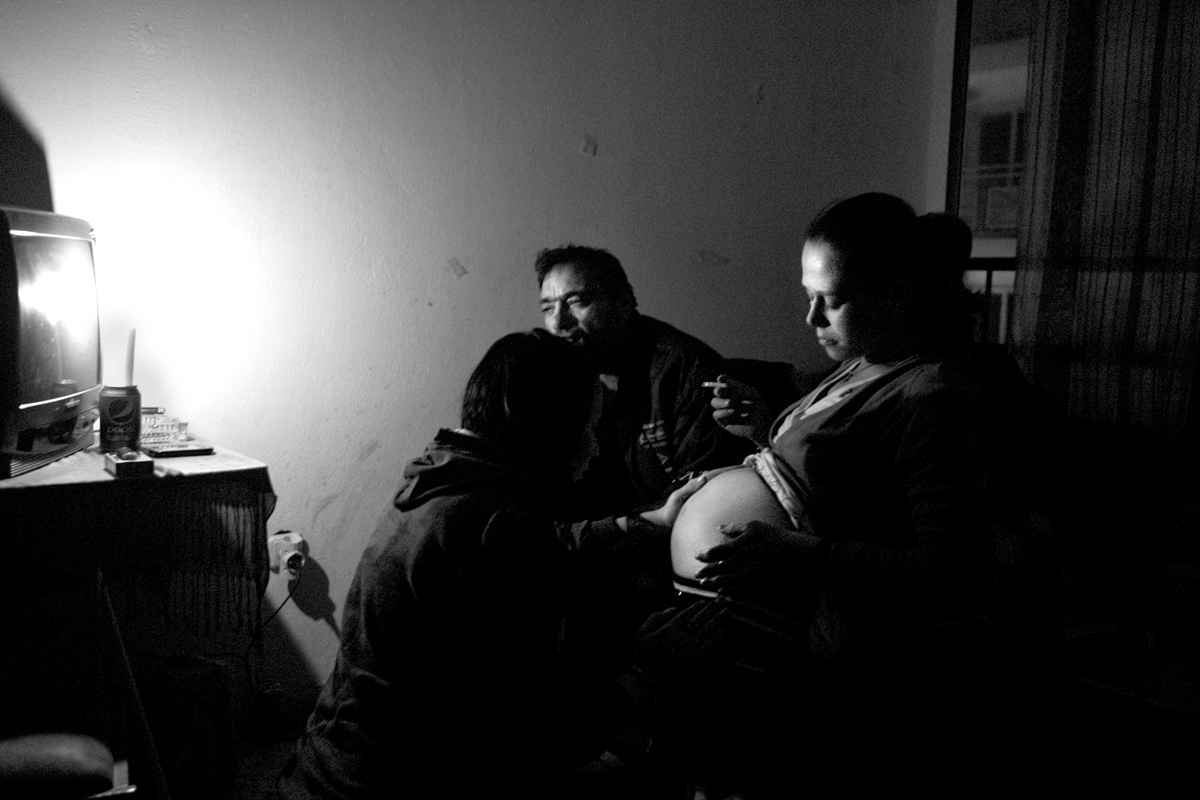
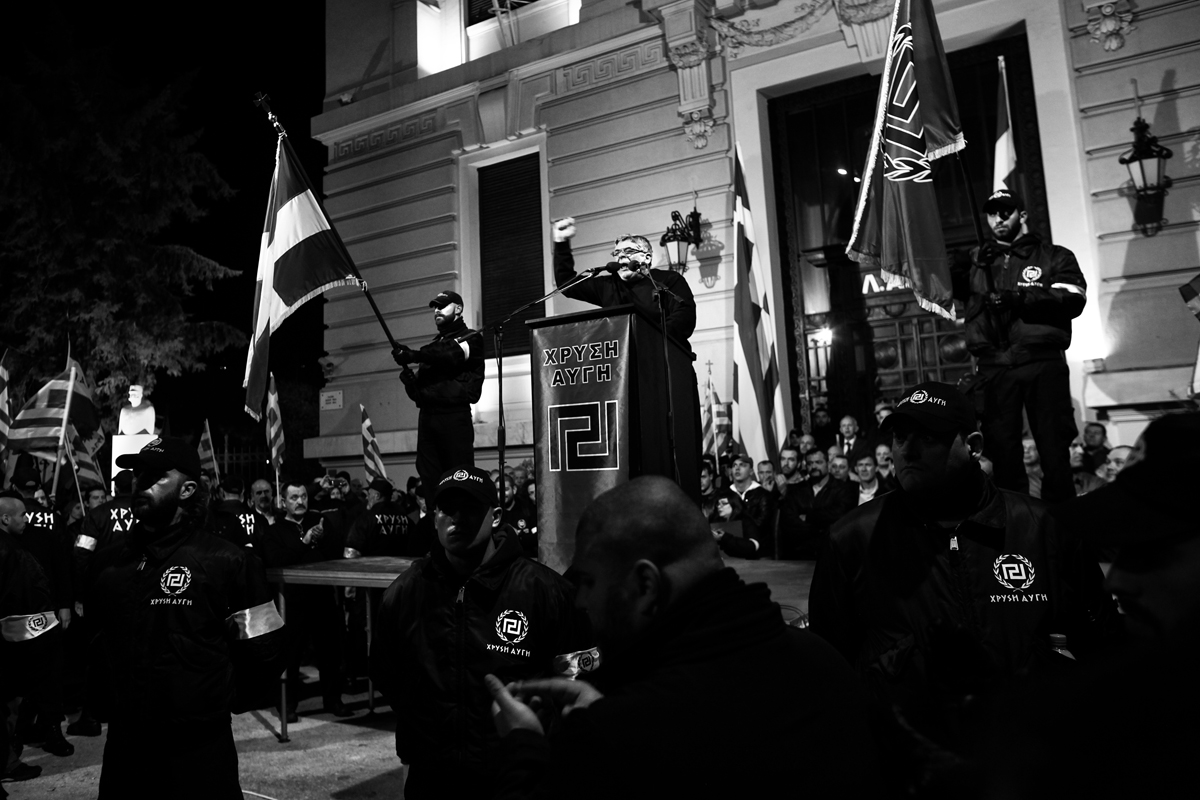
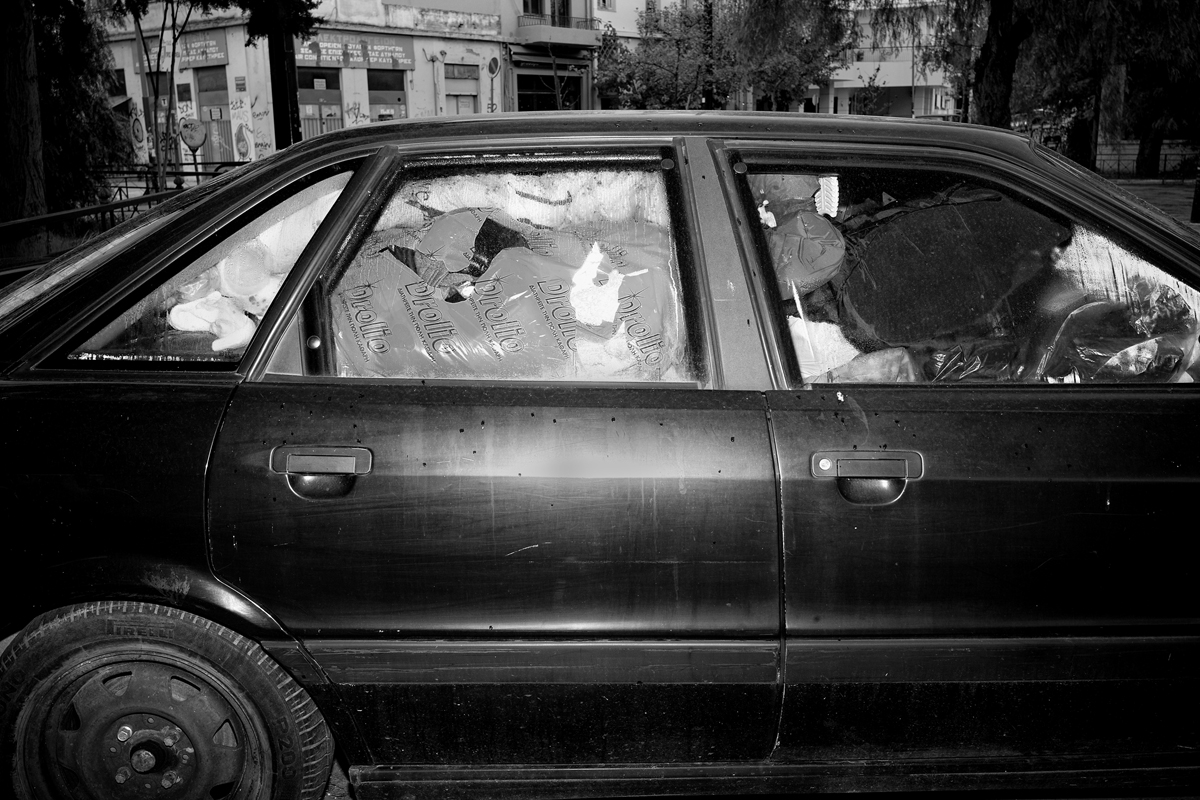
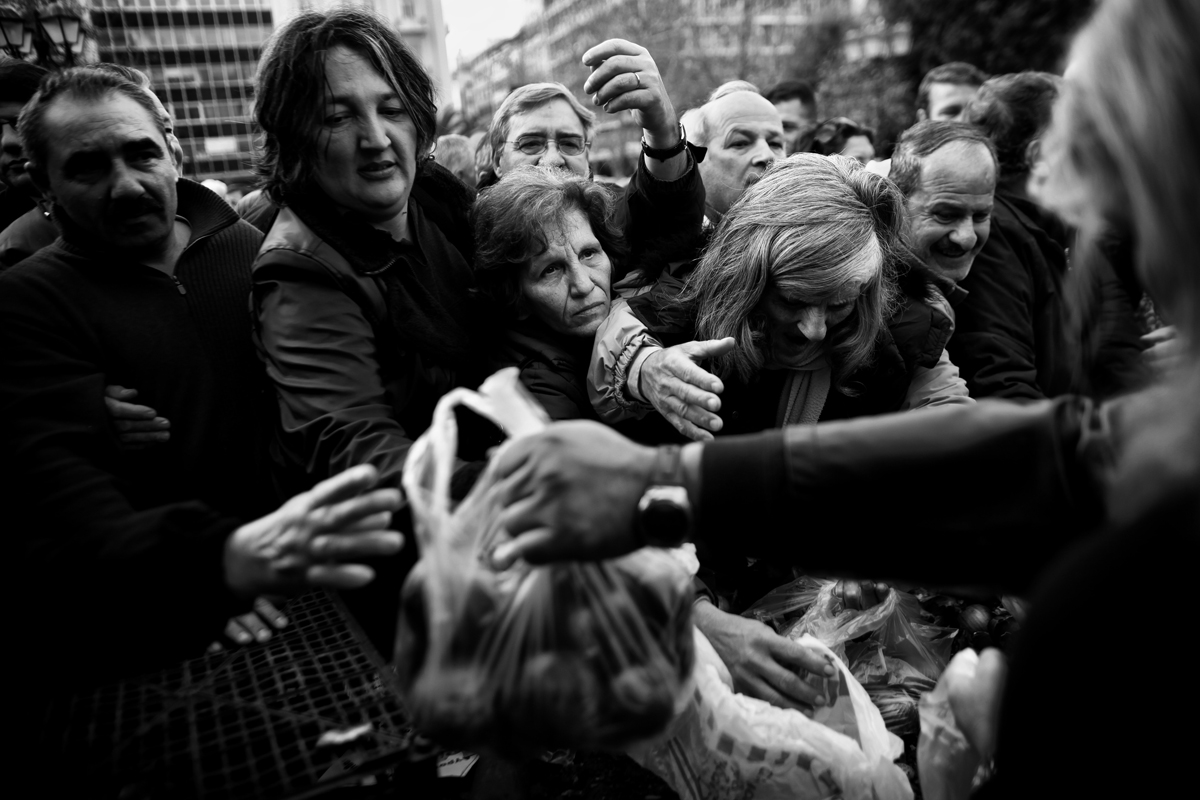
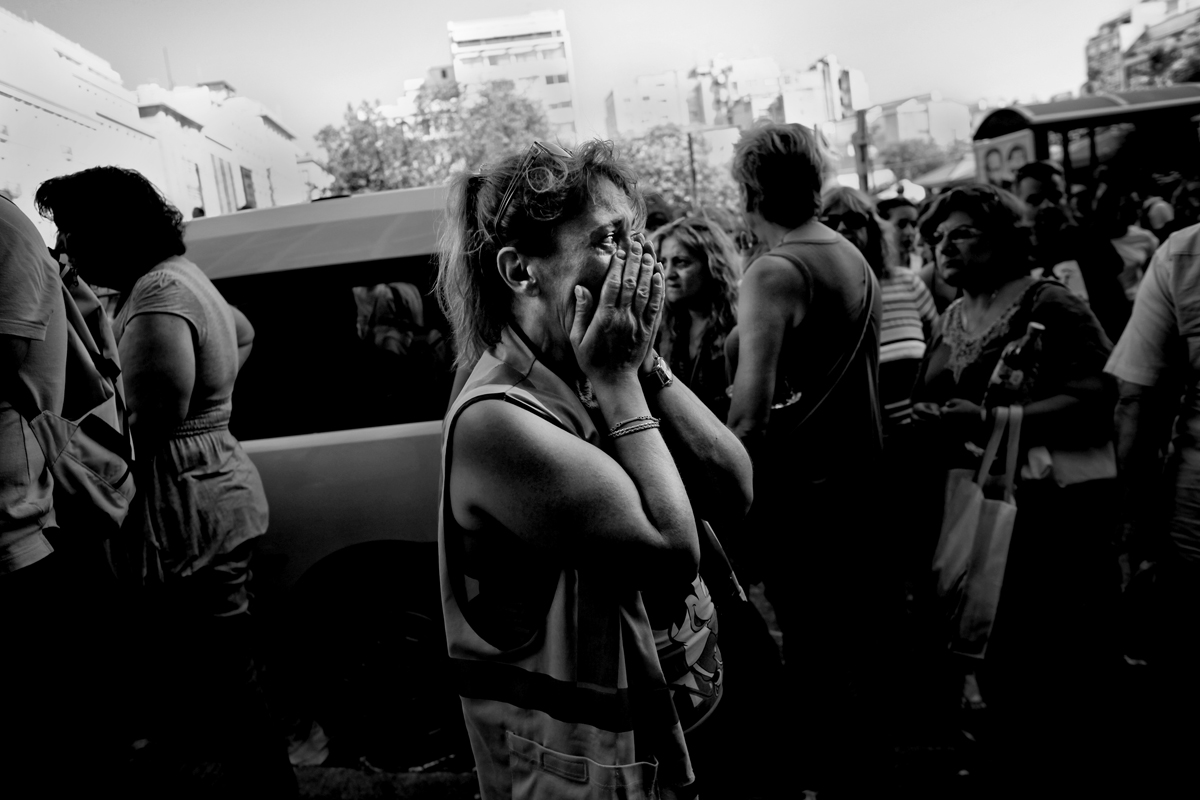
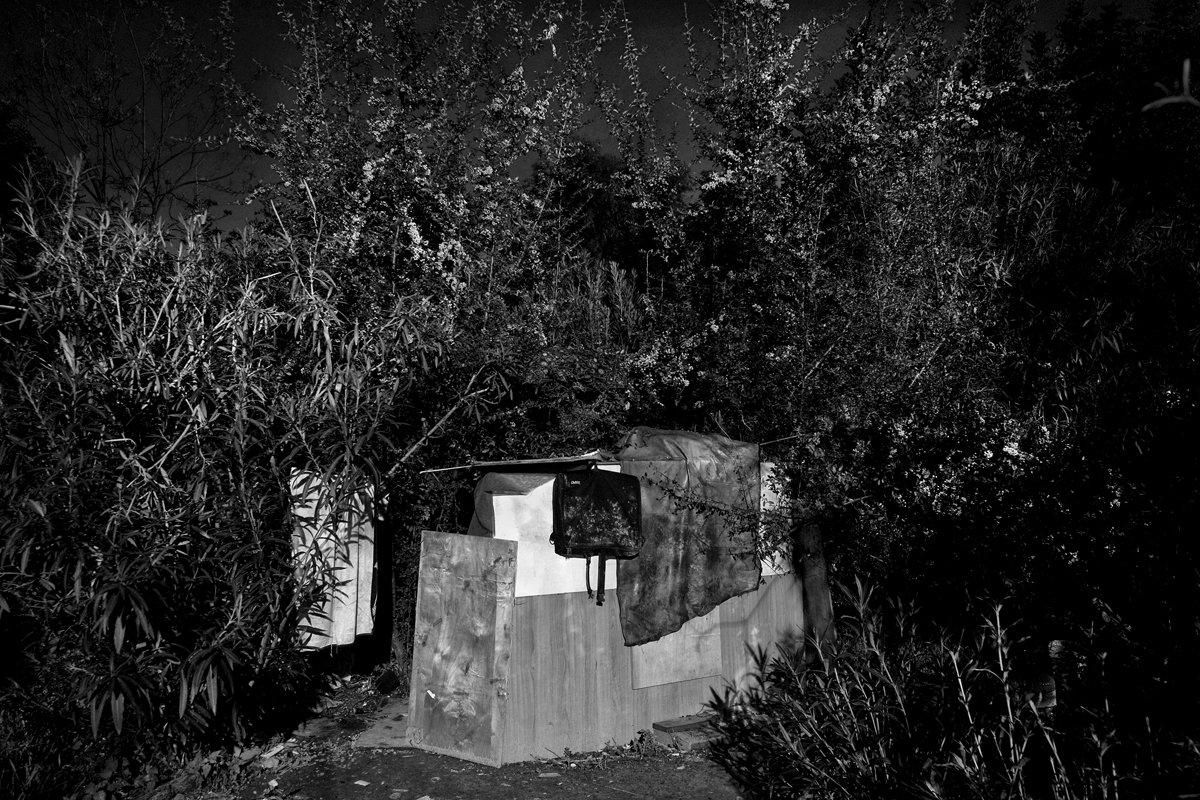
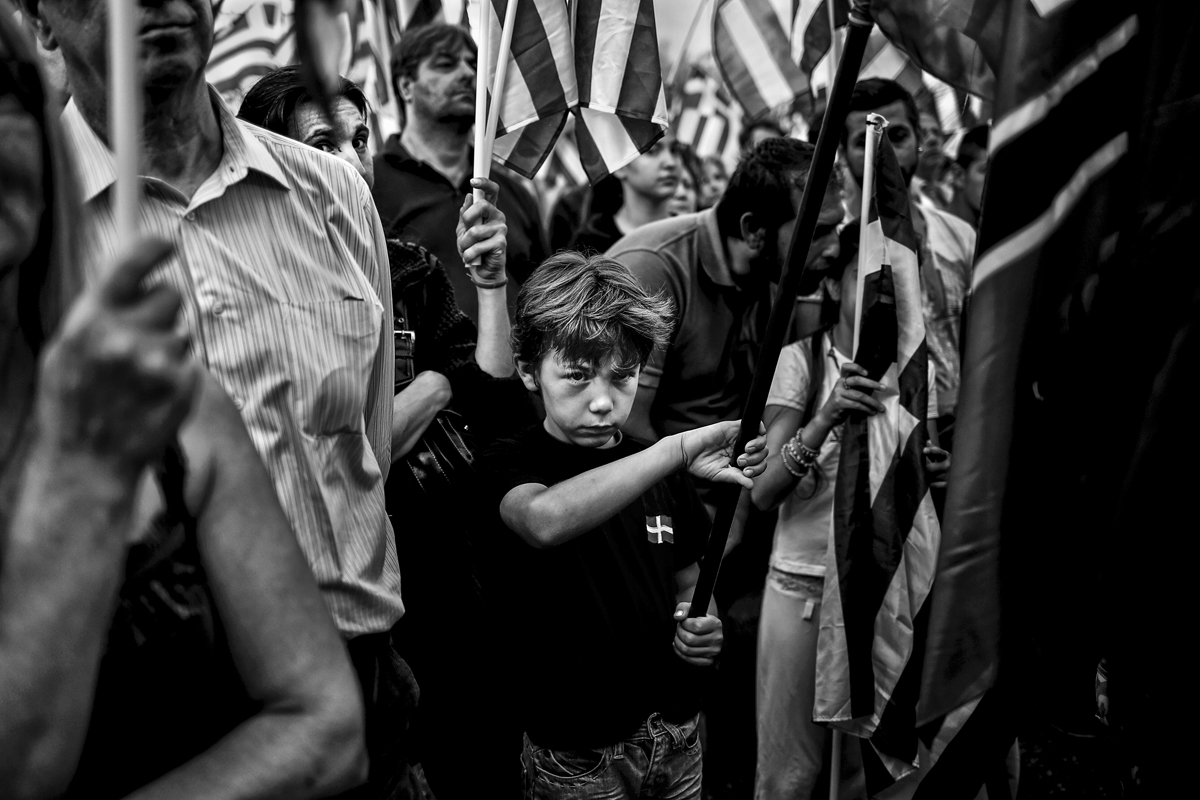
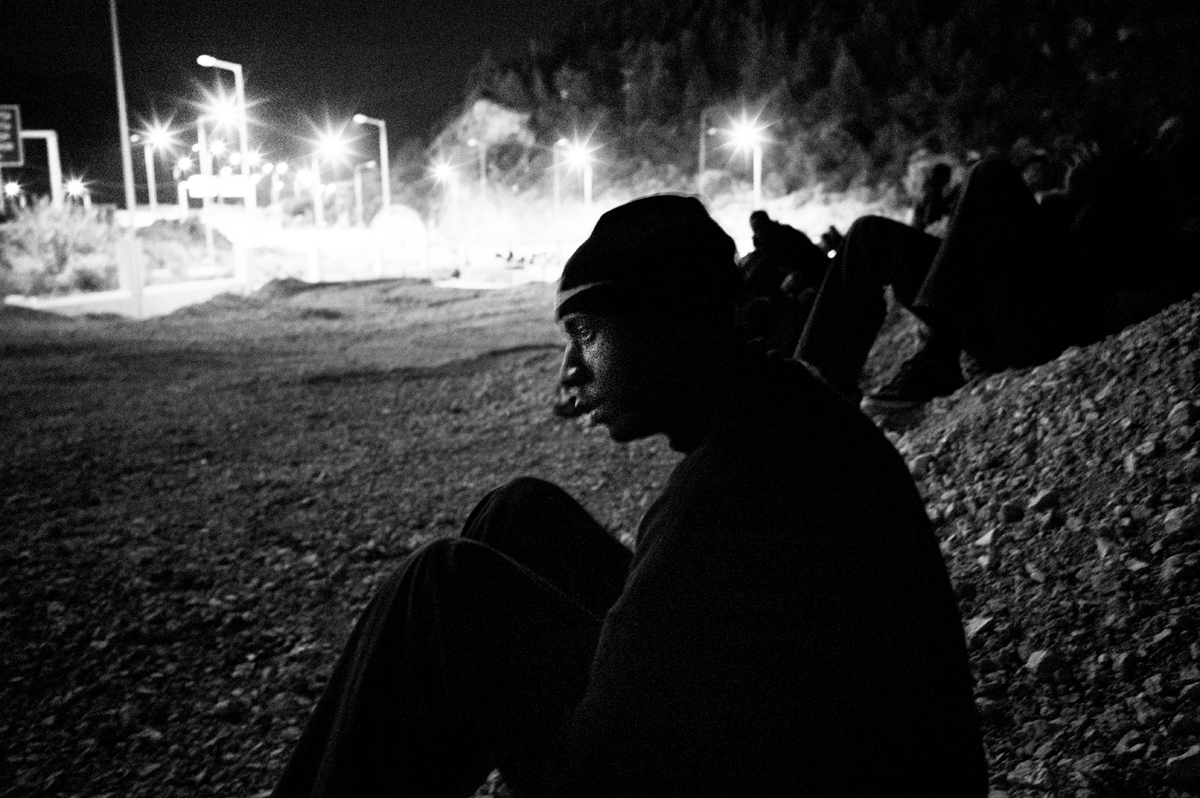
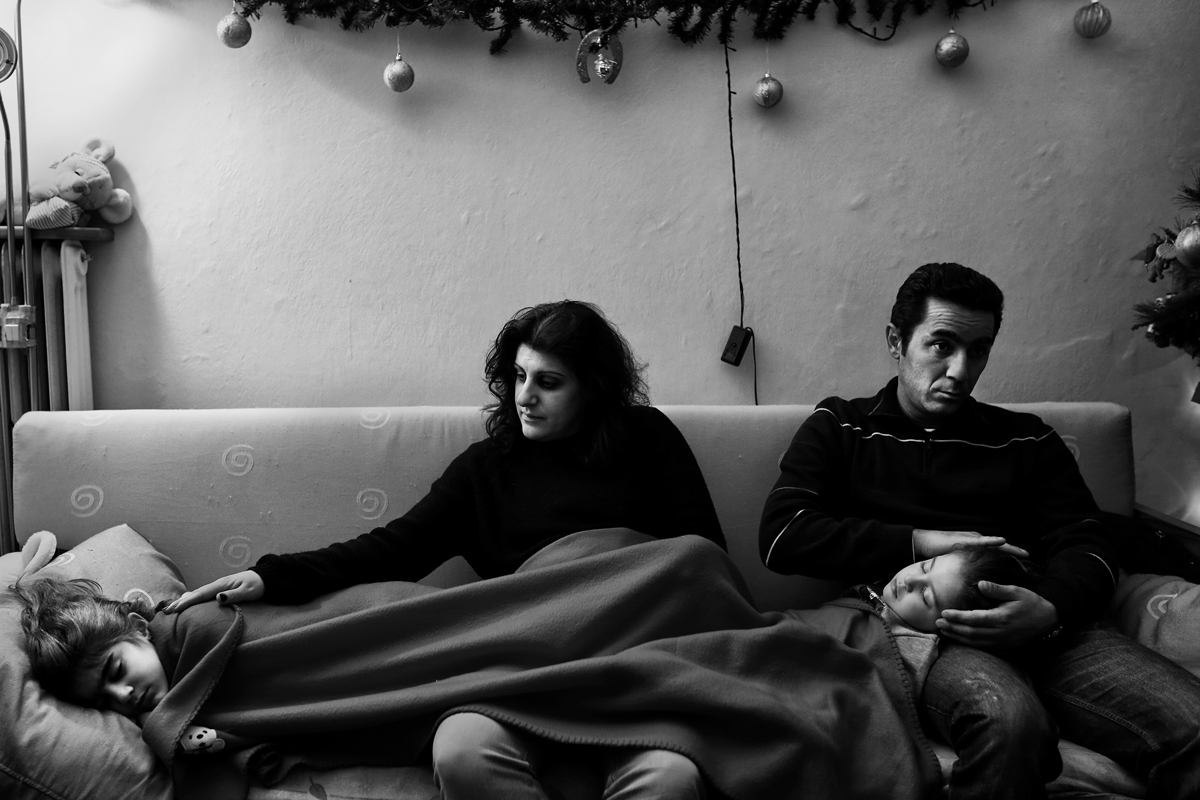

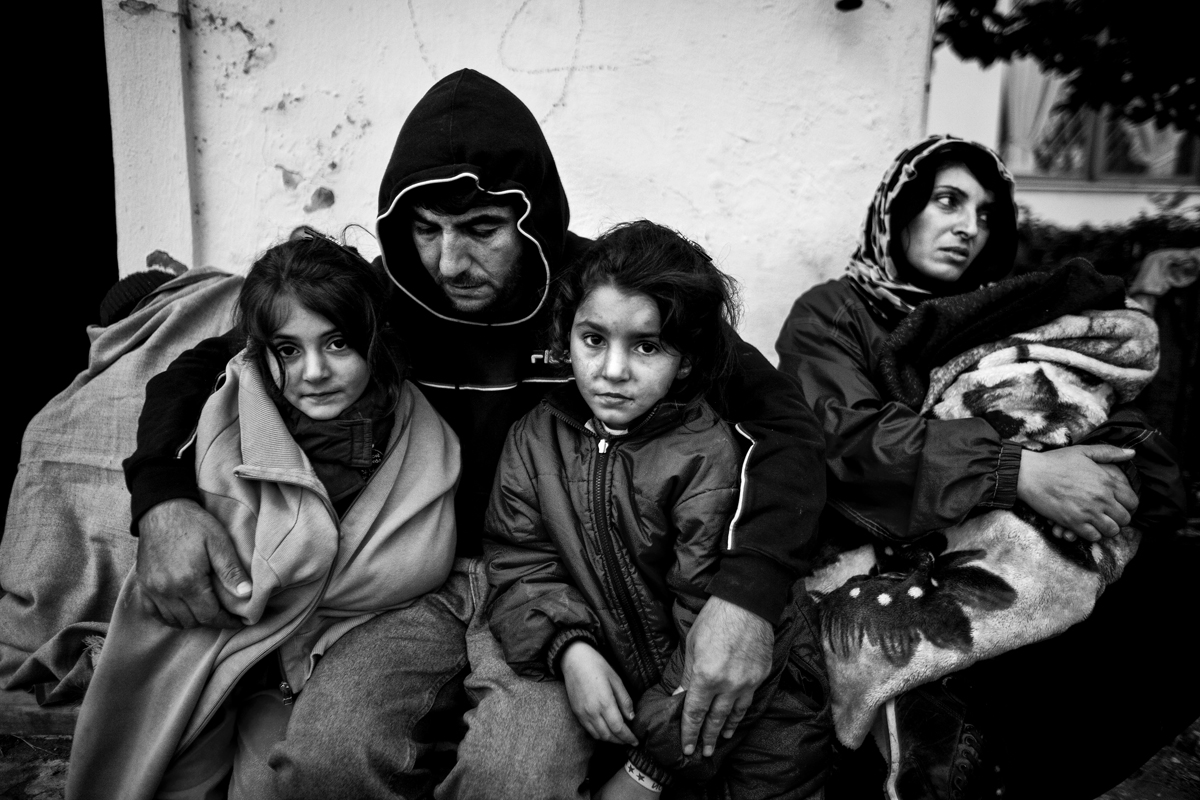
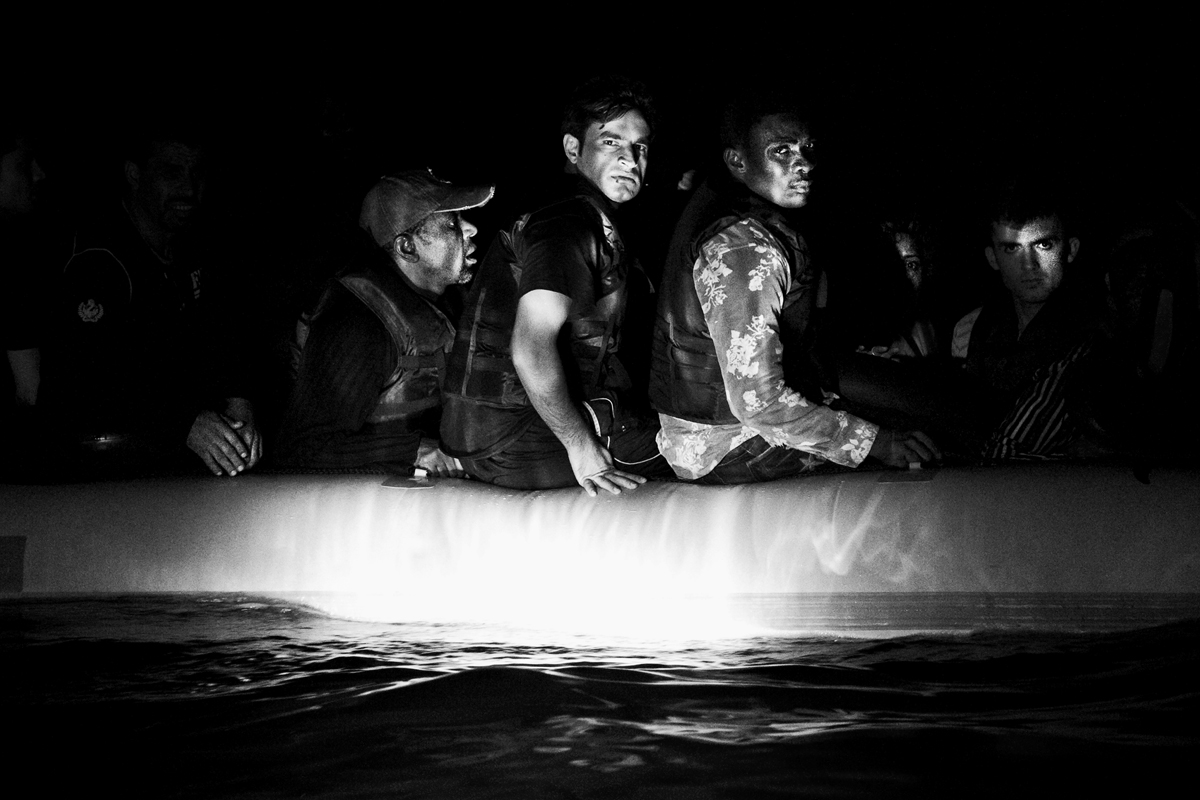
How Pope Francis filled a global leadership vacuum
Amid the din in Europe, one voice has risen above the rest: that of Pope Francis. The substance of his encyclical on the environment wasn’t particularly groundbreaking; that it was received with such surprised fanfare speaks to how little we expect from religious figures when they weigh in on science.
The real takeaway is that there’s an obvious gap in global leadership. The Pope stepped into that role admirably, but it’s remarkable how much we now depend on a person who rose through the ranks of a conservative institution like the Catholic Church. Would it have been better if the same message came from someone like the Secretary-General of the U.N.? Maybe so, but it would have fallen on deaf ears.
Foreign-affairs columnist Bremmer is the president of Eurasia Group, a political-risk consultancy
More Must-Reads From TIME
- The 100 Most Influential People of 2024
- Coco Gauff Is Playing for Herself Now
- Scenes From Pro-Palestinian Encampments Across U.S. Universities
- 6 Compliments That Land Every Time
- If You're Dating Right Now , You're Brave: Column
- The AI That Could Heal a Divided Internet
- Fallout Is a Brilliant Model for the Future of Video Game Adaptations
- Want Weekly Recs on What to Watch, Read, and More? Sign Up for Worth Your Time
Contact us at letters@time.com